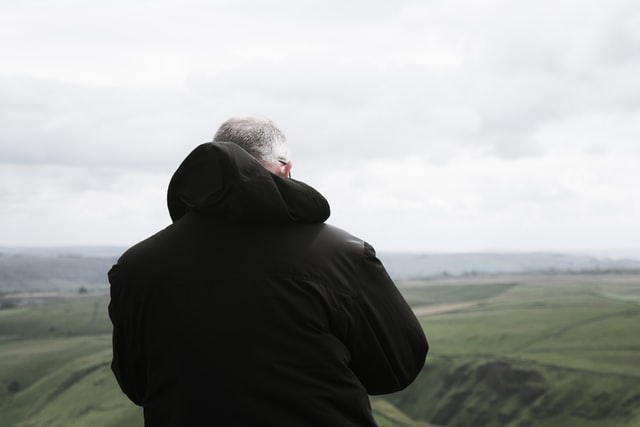Friday news roundup July 23, 2021

Tens of thousands of EU nationals over 65 in the UK may have missed the deadline to apply for the EU settlement scheme, according to a UK parliamentary report. Only 2% of all applications for the scheme were submitted by people over the age of 65. There are concerns they could have slipped through the system because they are “digitally challenged” and didn’t know how to apply online for settled status to remain in the UK. The number of children (they had to apply separately from their parents) is also lower than expected. New Europeans UK, a charity supporting EU citizens to access their rights, said it had “encountered many individuals who have no mobile phone, no digital access and inappropriate or no documentation.” One example being Italians who settled in the UK after the Second World War, “many of whom are pensioners,” some of whom had applied for permanent residence, something no longer open to them since the introduction of the resettlement scheme. The report also questions why the 5.4 million people who have obtained settled status up to now have not be provided with a physical certificate, which would be of particular benefit to those currently disadvantaged by digital-only status.
Find IZA World of Labor content on how migration policy affects the labor market.
Teen pregnancies have soared in Zimbabwe during Covid. Between January and February 2021, almost 5,000 teenage pregnancies were recorded in Zimbabwe and nearly 2,000 girls under 18 were married. The age of consent in Zimbabwe is 18. There are strong concerns that the coronavirus pandemic is reversing the recent downward trend in the country’s adolescent fertility rate. MPs and civil society groups have proposed that under 16s should be able to obtain contraceptives without parental consent and should be allowed access to abortion services. However, the proposal has been rejected by Zimbabwe’s vice-president and health minister, Constantino Chiwenga, who said: “Since a child under the age of 16 years cannot consent to sexual intercourse in practice, it is presumed that a child under the age of 16 years does not need contraceptives.” Organizations fighting for girls’ rights are calling for an holistic approach to combatting teenage pregnancies: making contraceptives available, increasing awareness about safe sex and abstinence, providing teenagers with information on sexual and reproductive health so they can make informed decisions.
Read Phillip B. Levine’s IZA World of Labor article “Teenage childbearing and labor market implications for women.”
Tokyo 2020: A millstone for the Japanese economy? The 2020 Tokyo Olympic Games finally begin on July 23, a year later than originally planned. There will be no spectators and the nation’s capital is back in emergency restrictions due to the Covid-19 pandemic. The government is determined the games will be a Covid-secure success. But, with infections surging and costs three or four times higher than originally estimated, they face a huge challenge. Hosting the Olympics in Tokyo 1964 allowed Japan to invest in infrastructure such as the Shinkansen bullet train, a new expressway linking the international airport to the city centre, and an important new highway between Osaka and Nagoya, improvements that helped to bring about Japan’s economic success over the next 20 years. Thanks to the postponement, the official estimates of the costs of the Games are $22 billion, with some saying it will be nearer US$30 billion. As Covid infections have accelerated, the public mood has shifted against the 2021 Games. A recent survey suggests 55% of Japanese think the Games should not go ahead, and 68% think that infections can’t be controlled by the organizers. Whether the country’s trade-off between health and the economy is a success or failure will be revealed in the coming weeks.
Read Peter J. Sloane’s 2020 opinion piece on “Economic implications of postponing the Tokyo 2020 Olympic Games.”
Find pandemic-related content on IZA World of Labor.